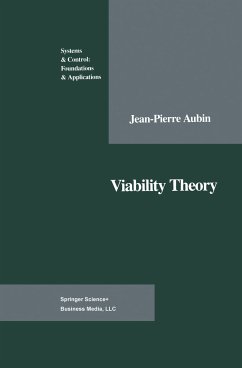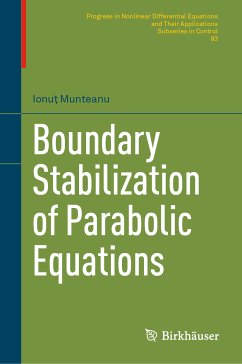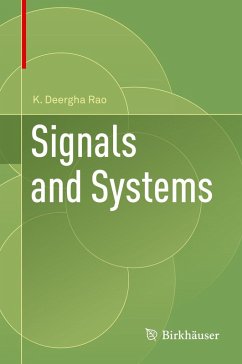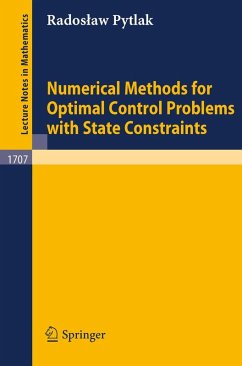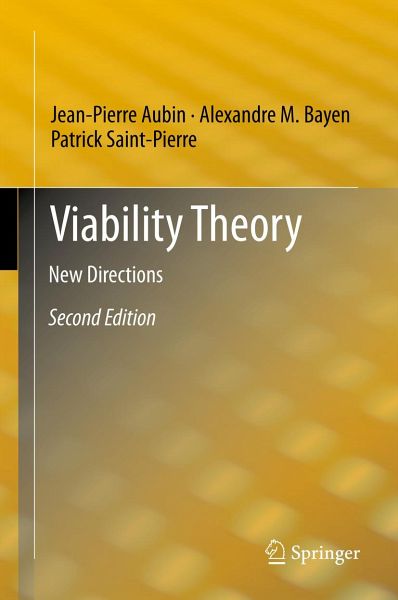
Viability Theory (eBook, PDF)
New Directions
Versandkostenfrei!
Sofort per Download lieferbar
216,95 €
inkl. MwSt.
Weitere Ausgaben:

PAYBACK Punkte
108 °P sammeln!
Viability theory designs and develops mathematical and algorithmic methods for investigating the adaptation to viability constraints of evolutions governed by complex systems under uncertainty that are found in many domains involving living beings, from biological evolution to economics, from environmental sciences to financial markets, from control theory and robotics to cognitive sciences. It involves interdisciplinary investigations spanning fields that have traditionally developed in isolation. The purpose of this book is to present an initiation to applications of viability theory, explai...
Viability theory designs and develops mathematical and algorithmic methods for investigating the adaptation to viability constraints of evolutions governed by complex systems under uncertainty that are found in many domains involving living beings, from biological evolution to economics, from environmental sciences to financial markets, from control theory and robotics to cognitive sciences. It involves interdisciplinary investigations spanning fields that have traditionally developed in isolation. The purpose of this book is to present an initiation to applications of viability theory, explaining and motivating the main concepts and illustrating them with numerous numerical examples taken from various fields.
Dieser Download kann aus rechtlichen Gründen nur mit Rechnungsadresse in A, B, BG, CY, CZ, D, DK, EW, E, FIN, F, GR, HR, H, IRL, I, LT, L, LR, M, NL, PL, P, R, S, SLO, SK ausgeliefert werden.



